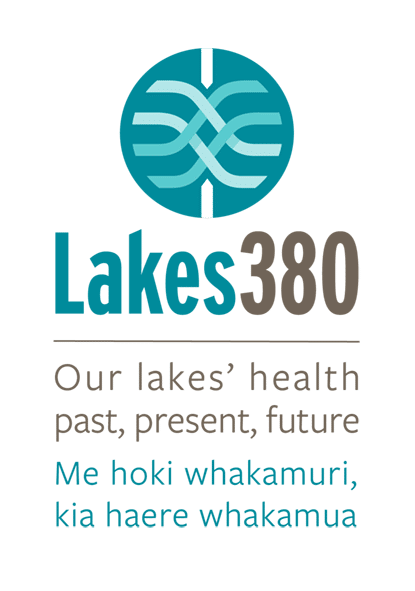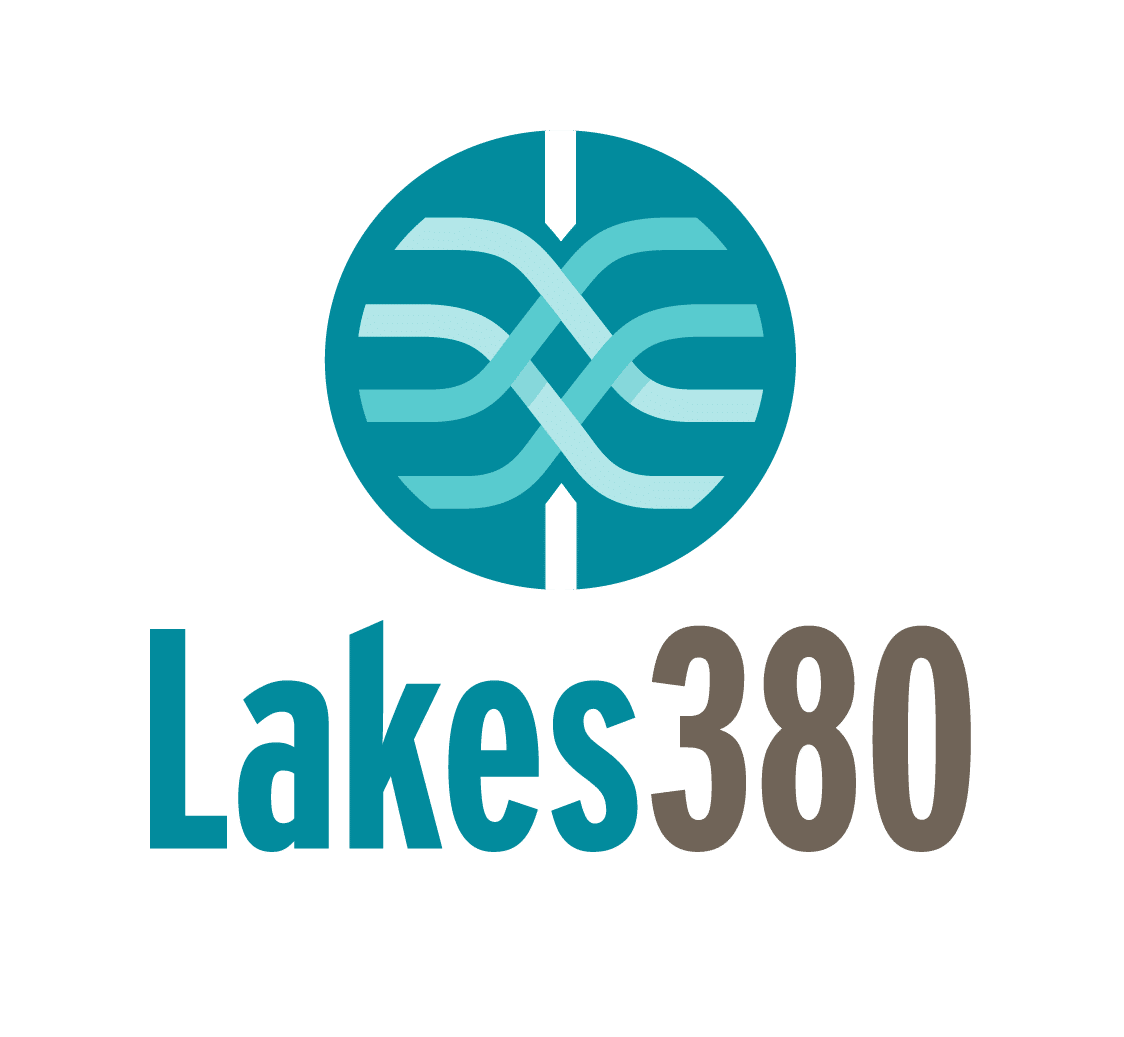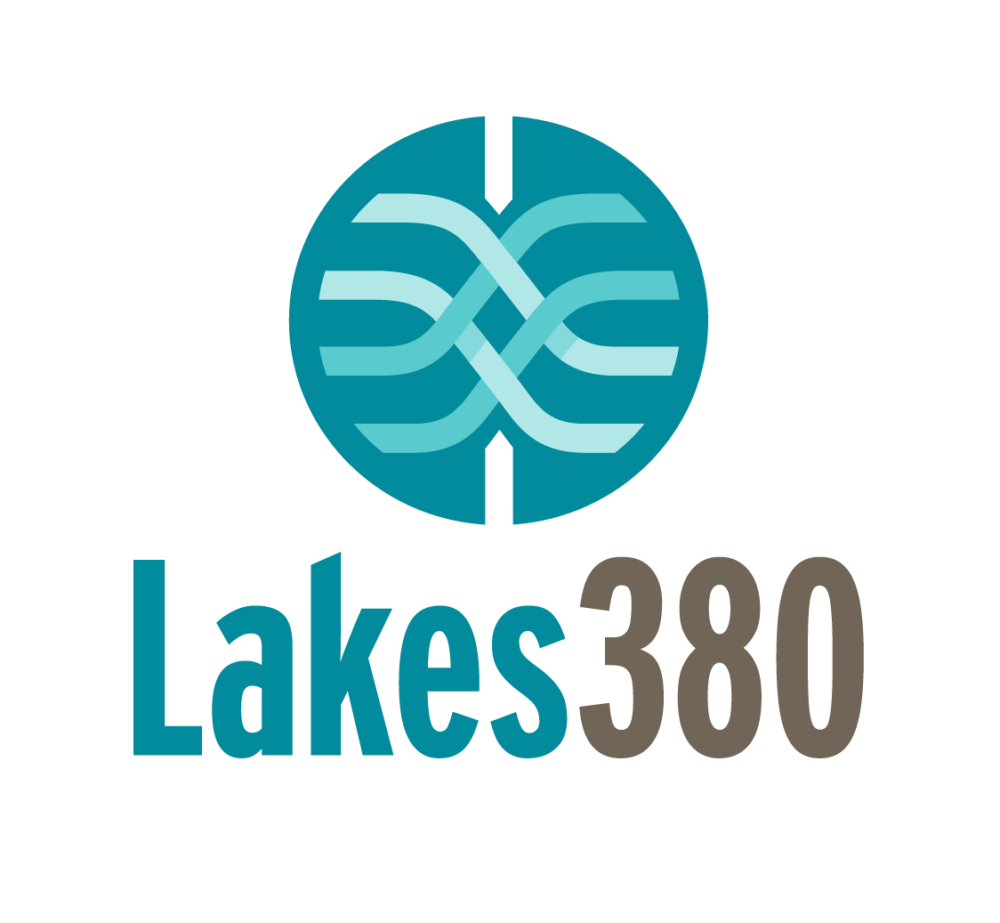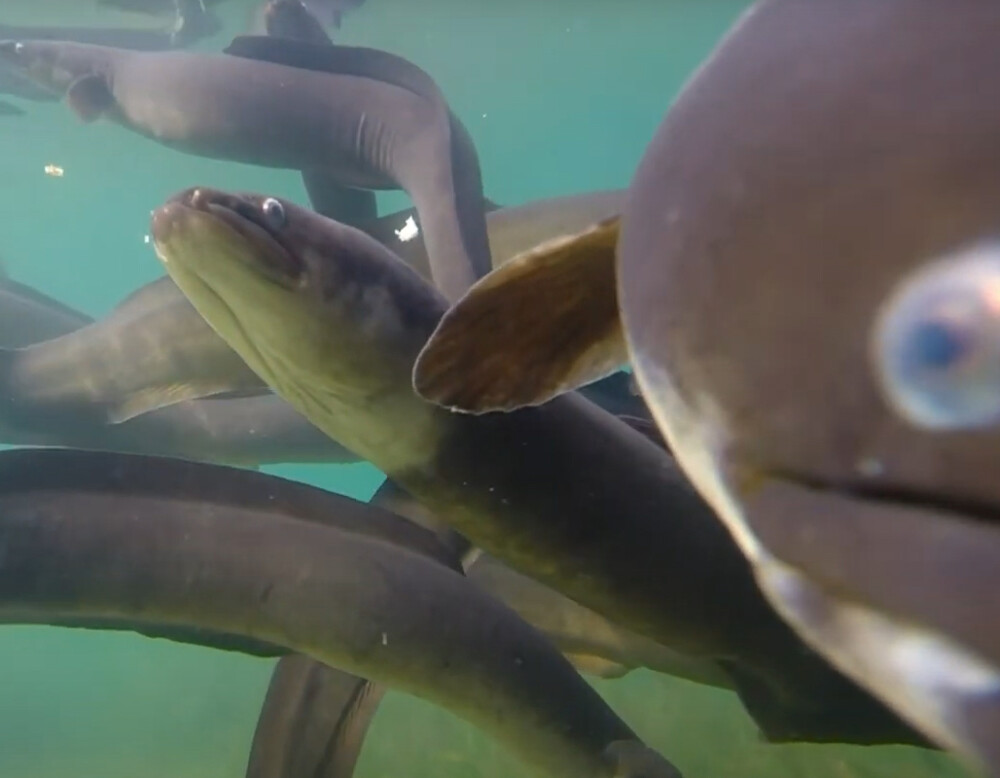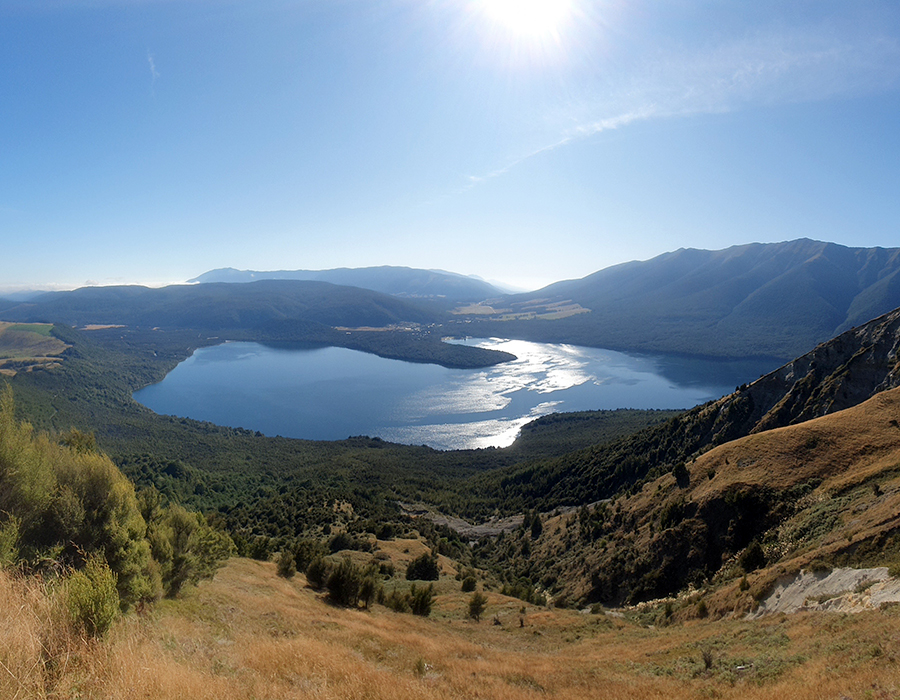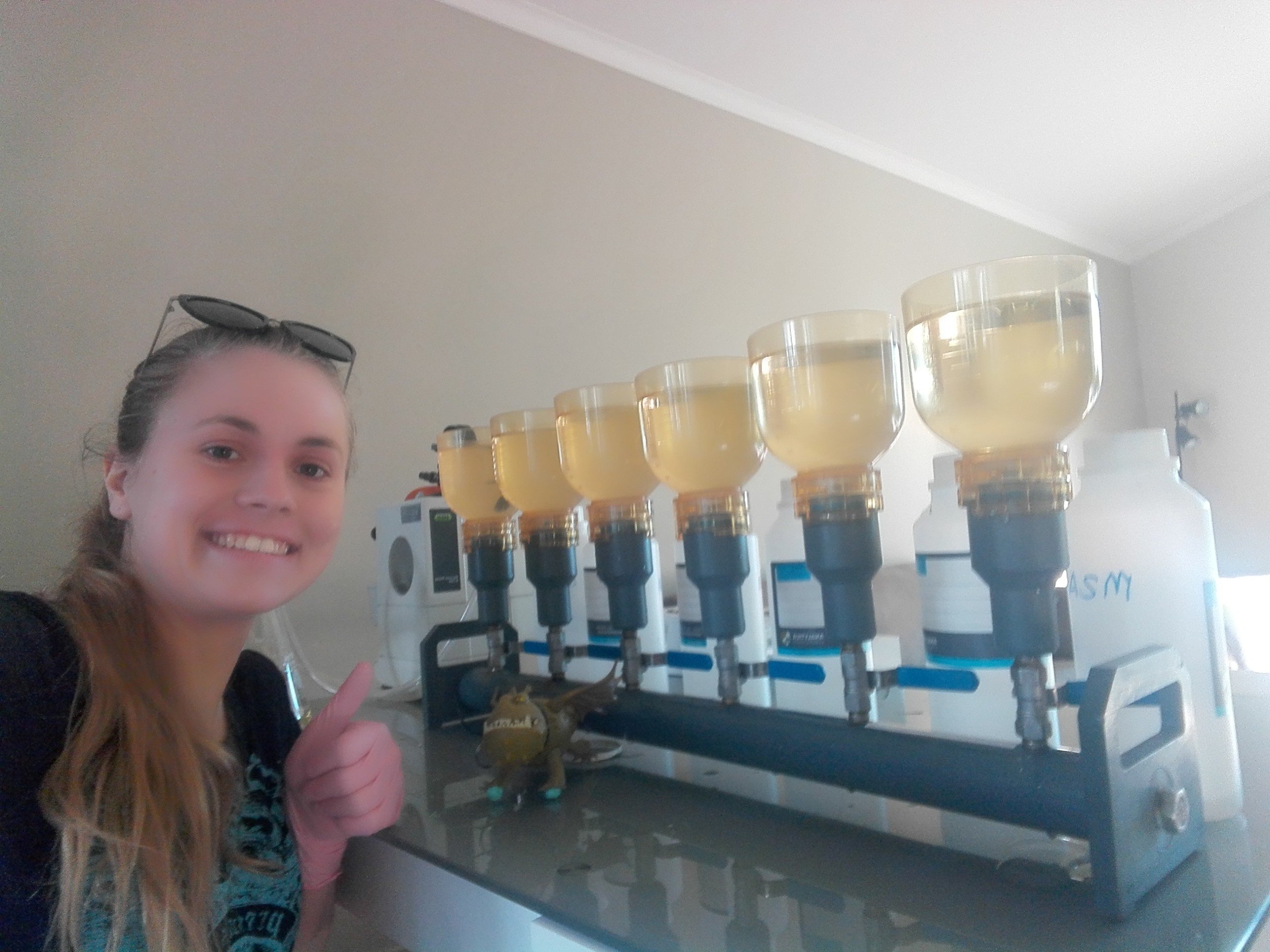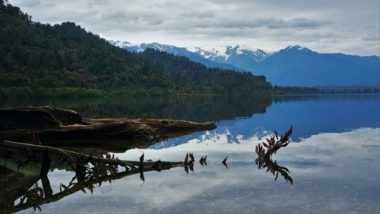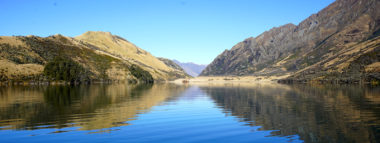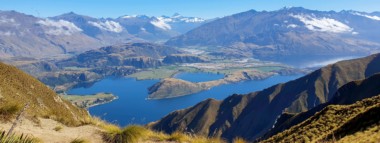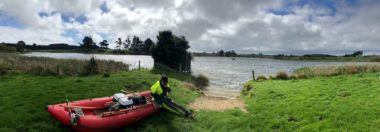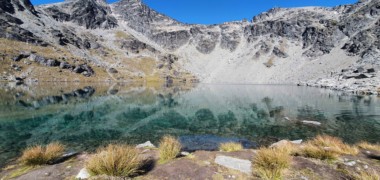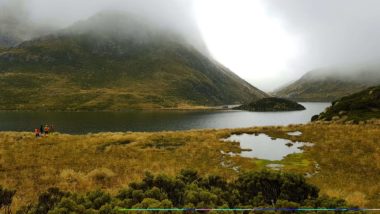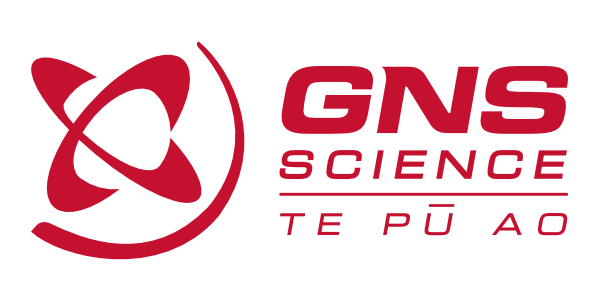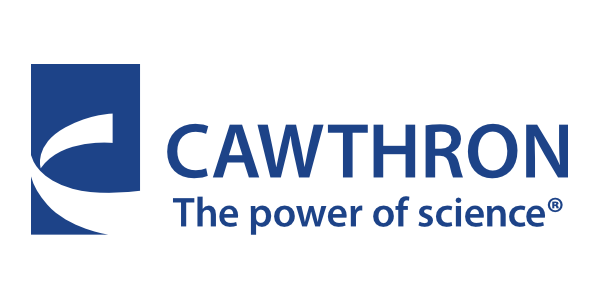Monitoring fish is necessary for understanding population dynamics, tracking distribution patterns and evaluating conservation efforts. Molecular techniques targeting environmental DNA (eDNA) are now considered effective methods for detecting specific species or characterising fish communities. The analysis of DNA from lake-surface sediments (sedDNA) can provide a time-integrated sampling approach which reduces the variability sometimes observed in water samples. However, studies of sedDNA have had varying success in detecting fish. The present study aimed to determine the most effective extraction method for recovering fish DNA from lake-surface sediments.
In the paper Optimised protocol for the extraction of fish DNA from freshwater sediments just published in Freshwater Biology members of the Lakes380 team, lead by PhD student Georgia Thomson-Laing, describe the development of a technique to maximise chances of extracting fish DNA from lake sediment.
